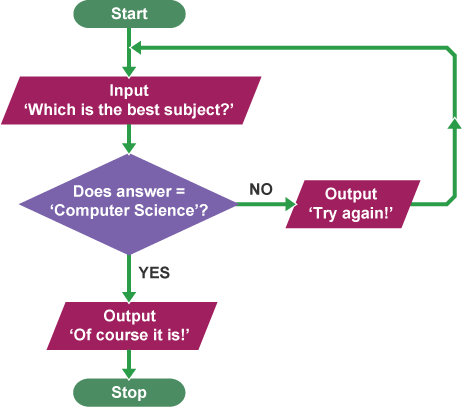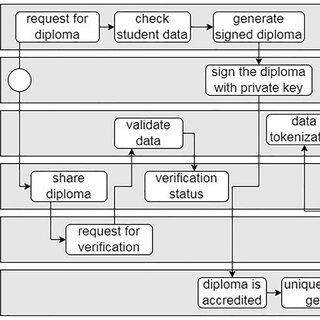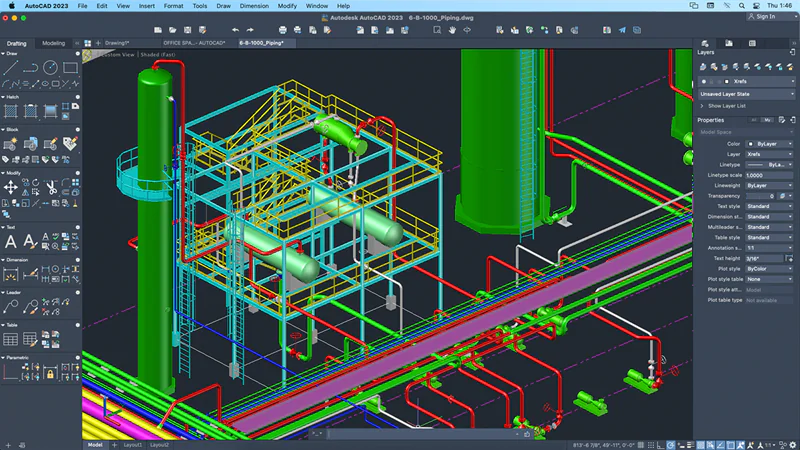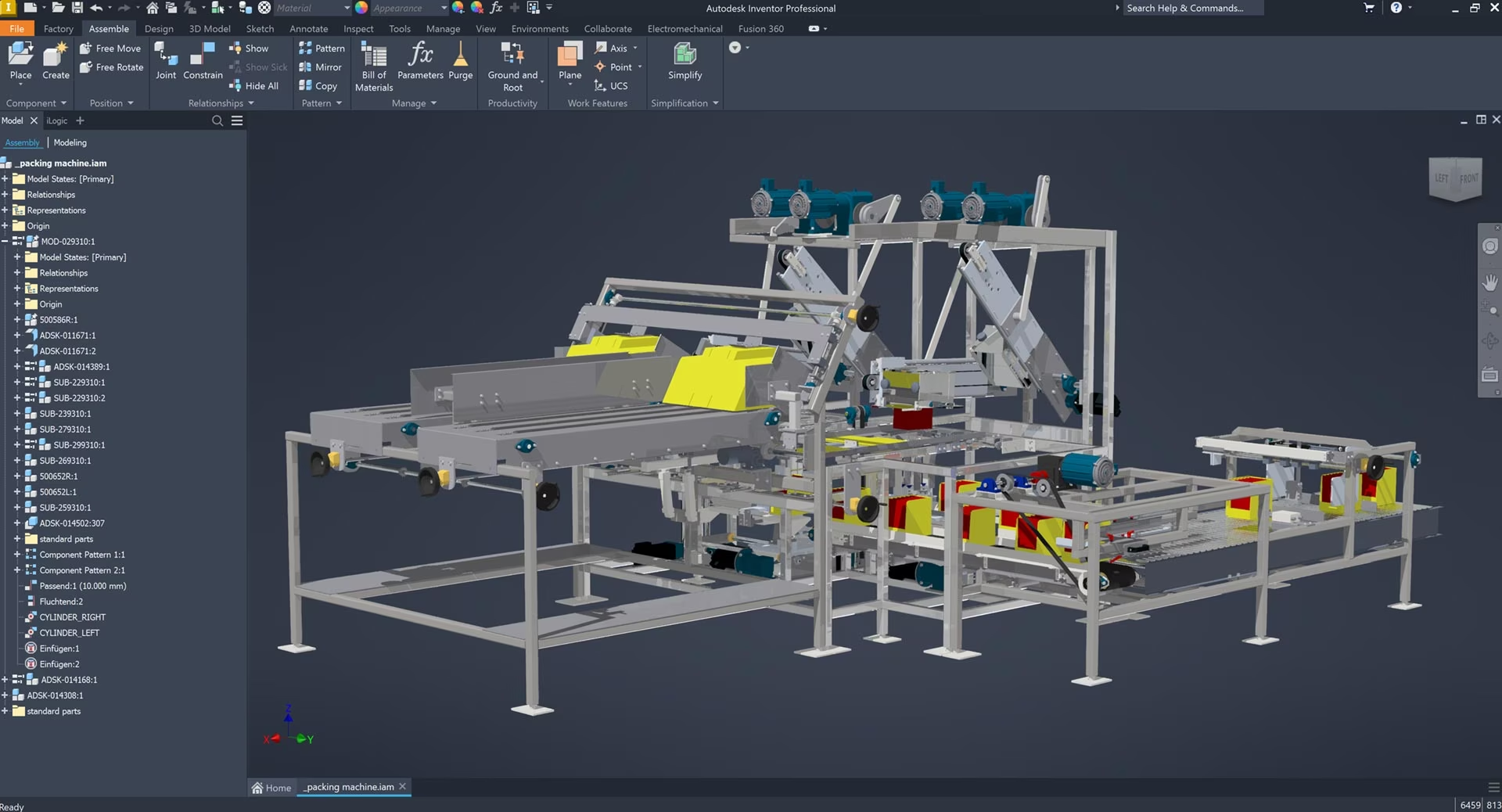| COLLEGE TRAINING COURSE TITLE | |
| Computer Courses | Click here to know the details of Computer Course |
| Karnataka CET | Click here to know the details of CET |
| Diploma BE | Click here to know the details of Diploma BE |
| AutoCAD | Click here to know the details of AutoCAD |
| Autodesk | Click here to know the details of Autodesk |
COMPUTER COURSE


Course Overview
Computer courses are designed courses that focus on the key areas of computer science. These courses train learners with advanced skills and curriculum necessary for entering the professional world. Computer courses help learners enter into various career paths. Introduction to computer operation, including using the operating system, managing files, and basic software applications (e.g., word processing, spreadsheets).Courses focused on coding and software development, covering languages such as Python, Java, C++, and others. These courses can range from beginner to advanced levels. Instruction on how to design, implement, and manage databases using tools like SQL, Oracle, or Microsoft Access.
Benefits from this course:
- Job Oriented Training
- Real world assignments
- Recorded sessions
- Mock Interviews
- Resume preparation
- Supporting Materials
- Job Support

Certification
Microsoft SQL Server certifications.
Cisco Certified Internetwork Expert (CCIE) Data Center
System Applications and Products in Data Processing (SAP) Certified Technology Associate.
Prerequisites
vary depending on the level and specific course. While some basic computer literacy is helpful, many courses are designed for beginners with no prior experience. Advanced courses may require prerequisite knowledge in specific areas such as programming languages or mathematics.
Who Should Attend
The Computer Course is a good fit for any college students, our Trainers will teach you from scratch with live project examples.
Expected Learning Outcome
Participants will gain practical skills in using various software applications, programming languages, or tools relevant to the course. Students will acquire a solid understanding of fundamental concepts in computer science, programming, networking, or data management, depending on the course.
Participants will be able to design and develop projects or applications relevant to the course, demonstrating their ability to apply what they’ve learned. Participants will enhance their ability to work collaboratively on projects, as well as communicate technical information effectively, both in writing and verbally.
CET Karnataka
Course Overview
The Common Entrance Test (CET) course overview typically refers to preparatory courses designed to help students prepare for various entrance exams that are part of the CET framework, commonly for engineering, medical, and other professional courses in countries like India.To provide comprehensive preparation for the Common Entrance Test, ensuring students are well-equipped to achieve competitive scores.
Benefits from this course:
- Structured Learning: Training centers provide organized curricula and structured learning paths, making it easier for participants to follow and understand complex topics.
- Expert Instructors: Access to experienced and knowledgeable instructors who can provide insights, clarify doubts, and share real-world experiences.
- Hands-On Experience: Many training programs include practical exercises and projects, allowing participants to apply their skills in real-world scenarios.
- Networking Opportunities: Training centers often foster a community where participants can connect with peers, industry professionals, and potential employers.
- Resources and Materials: Access to a variety of learning materials, including textbooks, online resources, and software tools that enhance the learning experience.
Certification
Certified in Emerging Technology
Prerequisites
Some training classes may require a certain level of education, such as a high school diploma or equivalent, especially for advanced or specialized topics.
Who Should Attend
Those in high school, college, or vocational programs looking to enhance their skills in a specific area related to their studies.
Expected Learning Outcome
Participants will gain a solid understanding of the key concepts, theories, and terminology related to the subject matter. Learners will acquire practical skills applicable to real-world scenarios, allowing them to perform specific tasks or use certain tools effectively. Participants will enhance their critical thinking and analytical skills, enabling them to tackle complex problems and develop effective solutions.

Diploma BE
Course Overview
A Diploma in Bachelor of Engineering (BE) through a center training program typically focuses on providing practical, hands-on training alongside theoretical learning. Emphasis on practical skills in areas like CAD, programming, circuit design, and lab experiments.Courses designed in collaboration with industry partners to ensure alignment with current technological needs.
Benefits from this course:
1. Practical Experience
- Hands-On Training: Students gain practical skills through labs and workshops, enhancing their understanding of engineering concepts.
- Real-World Applications: Exposure to industry-standard tools and techniques prepares students for actual work environments.
2. Industry-Relevant Curriculum
- Updated Courses: Training centers often align their programs with current industry needs, ensuring that students learn the latest technologies and practices.
- Specialized Training: Opportunities to focus on niche areas within engineering that may not be covered in traditional degree programs.
3. Expert Instructors
- Industry Professionals: Many centers employ instructors with significant industry experience, providing valuable insights and mentorship.
- Networking Opportunities: Students can connect with professionals and industry leaders, which may lead to job opportunities.

Certification
Diploma in Bachelor of Engineering
Engineering Diploma Certificate
Prerequisites
Typically requires completion of secondary education (10th or 12th grade), with a focus on science and mathematics.
Who Should Attend
Those in high school, college, or vocational programs looking to enhance their skills in a specific area related to their studies.
Expected Learning Outcome
Understand core concepts in mathematics, physics, and relevant engineering disciplines. Acquire in-depth knowledge in the chosen engineering field (e.g., Mechanical, Civil, Electrical).Develop proficiency in using engineering tools, software, and equipment through laboratory work and practical training. Learn to design and optimize engineering systems or products based on technical specifications and constraints. Cultivate an attitude of lifelong learning to keep up with technological advancements and industry changes.
AutoCAD

Course Overview
AutoCAD started as a design tool for engineers and architects, but is now used by other professionals as well. Autodesk, the company behind AutoCAD, has developed custom versions that can be used by design engineers, civil engineers, electrical and electronics engineers and mechanical engineers. Introductory classes cover key topics such as 2D drafting, 3D modeling, and design principles using tools like AutoCAD and SolidWorks. Advanced learners can earn certificates in areas like parametric design, simulation, and product development.
Benefits from this course:
1. Practical Experience
- Hands-On Training: Students gain practical skills through labs and workshops, enhancing their understanding of engineering concepts.
- Real-World Applications: Exposure to industry-standard tools and techniques prepares students for actual work environments.
2. Industry-Relevant Curriculum
- Updated Courses: Training centers often align their programs with current industry needs, ensuring that students learn the latest technologies and practices.
- Specialized Training: Opportunities to focus on niche areas within engineering that may not be covered in traditional degree programs.
3. Expert Instructors
- Industry Professionals: Many centers employ instructors with significant industry experience, providing valuable insights and mentorship.
- Networking Opportunities: Students can connect with professionals and industry leaders, which may lead to job opportunities.

Certification
Certificate of Proficiency in AutoCAD
AutoCAD Professional Certificate
Prerequisites
Typically requires completion of graduation, with a focus on fields like architecture, engineering, or graphic design can enhance the learning experience.. A positive attitude and eagerness to learn new software and design principles.
Who Should Attend
Those in college, or vocational programs looking to enhance their skills in a specific area related to their studies.
Expected Learning Outcome
Ability to navigate and utilize the AutoCAD interface efficiently, including menus, toolbars, and command lines. Mastery of creating and editing 2D drawings, including lines, shapes, dimensions, and annotations. Understanding of basic 3D modeling concepts and the ability to create and manipulate 3D objects. Enhanced ability to troubleshoot common issues and errors in AutoCAD.
Projects
AutoCAD Civil 3D
AutoCAD Mechanical Program
AutoCAD Electrical Software
Autodesk
Course Overview
Autodesk Learning Pathways provide you with an array of modular courses designed for a range of skill levels and ambitions. So you can get where you want to go with on-demand courses in AutoCAD, Revit, Civil 3D & more – and create new opportunities. AutoCAD is a computer-aided design (CAD) software program that allows users to create technical two-dimensional (2D) and three-dimensional (3D) drawings. Many industries, including architecture, engineering and manufacturing, use AutoCAD for designing, drafting and documenting projects.
Benefits from this course:
To develop proficiency in creating, editing, and managing 2D and 3D drawings.
To instill an understanding of drafting standards and best practices.
To provide a comprehensive introduction to AutoCAD software.
.

Certification
Autodesk Certified Professional
Prerequisites
Typically requires completion of graduation, with a focus on fields like architecture, engineering, or graphic design can enhance the learning experience.. A positive attitude and eagerness to learn new software and design principles.
Who Should Attend
Those in college, or vocational programs looking to enhance their skills in a specific area related to their studies.
Expected Learning Outcome
Develop the ability to create accurate and detailed 2D drawings using basic and advanced drawing tools. Apply various modification techniques to edit and enhance existing drawings effectively. Understand and implement layer management to organize drawings and control visibility. Recognize and apply industry-standard drafting conventions and practices.
Projects
At Autodesk Research, we focus on technologies and capabilities that enable customers to achieve possibilities and potential sooner. Here’s an inside look at the projects our Researchers are exploring to solve our customers’ emerging design and make challenges.




